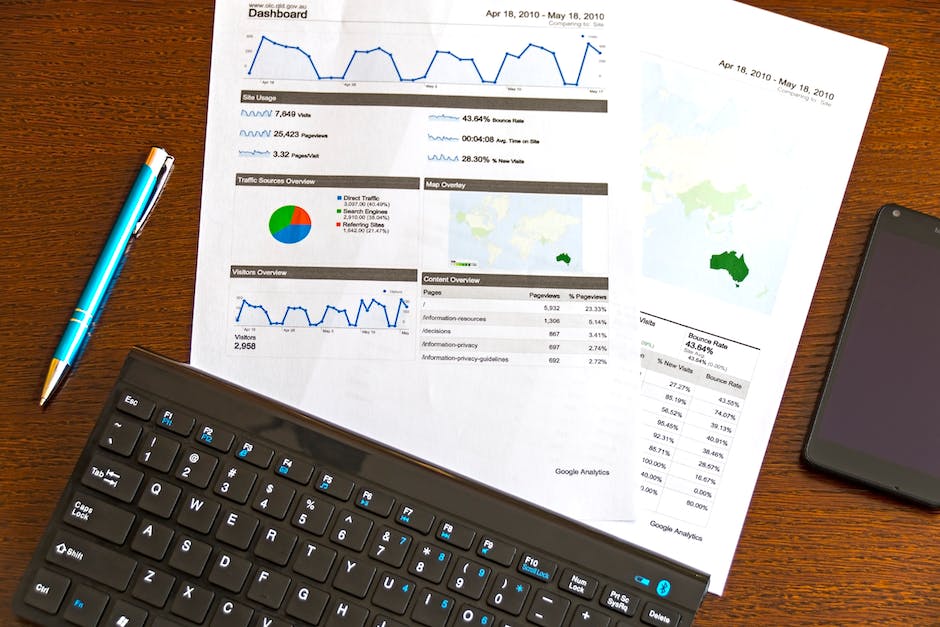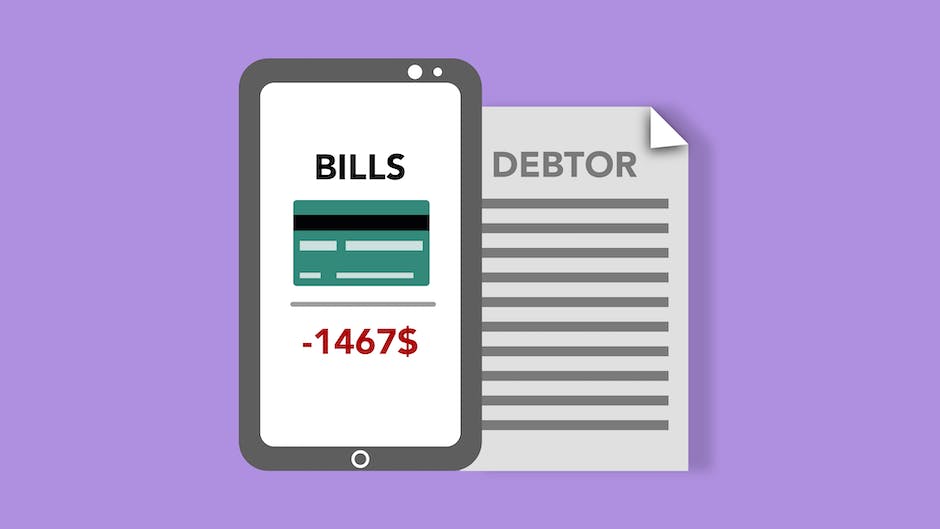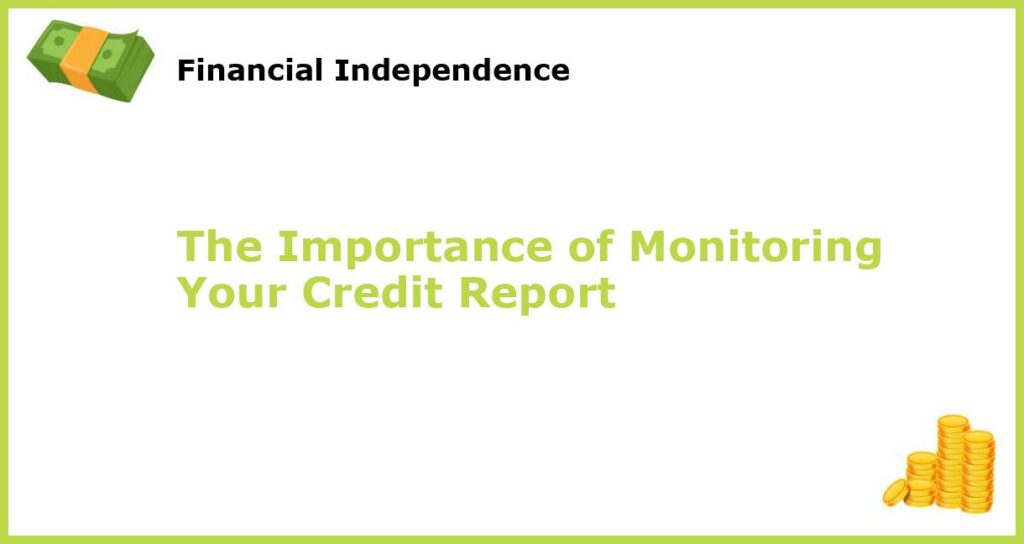Are you aware of the importance of monitoring your credit report? This detailed record of your credit history can have a significant impact on your financial health. In this article, we will delve into the reasons why monitoring your credit report is essential and how it can help you protect your identity and improve your credit score.
What is a Credit Report?

A credit report is a comprehensive record of your credit history that contains information on payment history, outstanding debts, credit accounts, and other financial data. Credit reports are used by creditors, lenders, and landlords to assess your creditworthiness, approve your applications for credit or services and set interest rates for loans or credit cards.
Credit reports can help you understand your credit status and identify areas where you need to make improvements. Monitoring your credit report will enable you to detect errors or fraudulent activity that can ruin your credit rating and financial reputation.
Why Should You Monitor Your Credit Report?

Monitoring your credit report is critical for several reasons. Firstly, it is an effective way of detecting errors, inaccuracies or fraudulent activities on your credit report. Doing this will help you avoid identity theft and other forms of financial fraud that can damage your credit scores and financial reputation. Additionally, monitoring your credit report helps you identify areas where you need to improve your credit score, such as paying off outstanding debts, making timely payments, and minimizing credit card utilization.
Monitoring your credit report regularly enables you to track your credit history, which is crucial for your financial well-being.
How Often Should You Check Your Credit Report?

Checking your credit report at least once a year is crucial to ensuring that the information provided is accurate and up-to-date. You can get a free copy of your credit report from each of the three major credit bureaus (Equifax, Experian, and TransUnion) once a year. However, with the increasing threats of identity theft and fraudulent activities, consulting with different credit bureaus from time to time is essential. There are also some credit monitoring services available to alert you to any changes in your credit report daily. This way, you can catch any red flags early enough to protect yourself before it’s too late.
What Should You Look for When Reviewing Your Credit Report?

When reviewing your credit report, be on the lookout for significant red flags such as errors, inaccuracies, or false information, such as accounts that you did not open, late payments that you did not make, or incorrect information. Identifying these mistakes might be an indicator of fraud, which may damage your credit rating significantly. By thoroughly reviewing your credit report and reporting any discrepancies in it, you will maintain your financial reputation and reduce the risk of fraudulent activity.
How Can Monitoring Your Credit Report Help You Protect Your Identity?

With the increasing threat of identity theft and fraudulent activity, monitoring your credit report is an effective way to protect you financially. It allows you to detect any fraudulent activity early, such as unauthorized accounts or use of credit, thus avoiding further damage to your credit ratings and reputation. By being vigilant in monitoring your credit report, you can stay one step ahead of fraudsters and safeguard your identity.
How Can Monitoring Your Credit Report Help You Improve Your Credit Score?

Monitoring your credit report can help you improve your credit score by identifying areas where you need to take steps in making necessary improvements. Reviewing your credit report can enable you to identify what is driving your credit score and develop a plan to pay outstanding debts, make timely payments, and minimize credit utilization. It allows you to keep track of your credit and take strategic steps to improve your credit score.
What Happens If You Don’t Monitor Your Credit Report?

If you fail to monitor your credit report, you could be oblivious to any inaccuracies or fraudulent activities until it’s too late. By the time you discover the issue, the damage to your credit ratings and reputation could already be done, making it difficult to obtain credit, loans or secure services in the future.
Can You Fix Errors on Your Credit Report?

Yes, if there are any errors or inaccuracies on your credit report, you can dispute them. Contacting the credit bureau and creditor will investigate the issue and correct any discrepancies on your credit report. However, be sure to follow up with the credit bureau after to ensure that the corrections were made.
How Can You Protect Your Credit Report?

You can protect your credit report by taking essential measures to avoid being a victim of financial fraud or identity theft. These measures include monitoring your accounts regularly, using strong passwords, avoiding sharing personal information online, and signing up with credit monitoring services that provide alerts if there are any changes to your credit report.
Conclusion
Monitoring your credit report is vital to maintaining good financial health. It can help you detect errors, review your credit history, identify areas where you need to make improvements, and most importantly, protect your identity and financial reputation. By monitoring your credit report regularly, you can be proactive in your financial decisions and ensure that your credit stays healthy.







